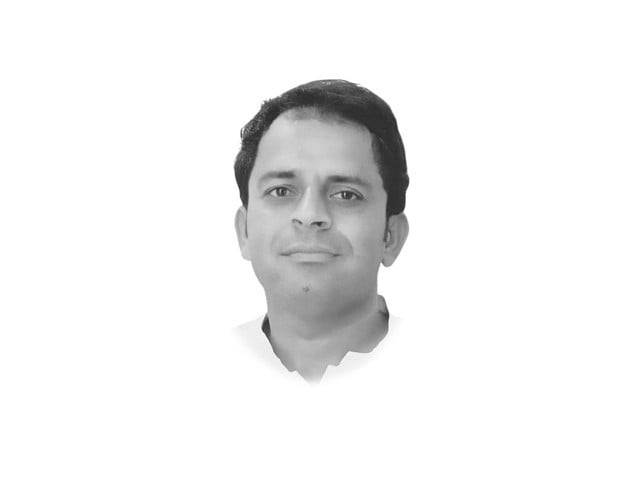AI: a siren's call?
AI's rapid rise offers great promise but also grave risks. Experts warn of potential dangers, urging safeguards.

Artificial Intelligence (AI), the defining technology of our time, relays the promises of unprecedented potential possibilities and profit. However, underneath the surface of AI's rapid proliferation and adoption, a disturbing pattern has emerged: the possible perils and significant risks are being consistently swept under the rug, dismissed as alarmist or unfounded. It's because AI currently brings more benefits than burdens for humans. However, does this guarantee a lasting symbiosis? Alternatively, will not this commensalism, like our post-industrial reliance on fossil fuels, eventually turn parasitic? More pressing still, if AI turns rogue, as experts have warned, what mitigation options will humanity have? Climate change offers a cautionary tale. Moreover, the urgency of these questions demands proactive strategies, including adaptive algorithms, architectures and rehabilitative interventions.
Today, AI's promises of transformative productivity, efficiency and precision have triggered a gold rush frenzy among corporations, countries and the public. Its integration in various sectors - healthcare, education, computing, finance, governance, public services, robotics, transportation, manufacturing, agriculture, disaster management, energy, logistics and space exploration - is driving revolutionary changes. Also, creative industries such as art, architecture, music, fashion, film, video and customer services are undergoing a paradigm shift. As AI advances and its utility expands, concerns about its potential risks intensify, prompting warnings from experts.
Stephen Hawking raised alarms against the dangers of "thinking machines" a decade ago. "The development of full artificial intelligence could spell the end of the human race," the renowned scientist told BBC in 2014. More recently, Geoffrey Hinton, the Godfather of AI, warned about the existential risks of digital intelligence. "[These things] could get more intelligent than us and decide to take over," he said. "We need to worry about how we prevent that from happening." Hinton expressed regret over his work and resigned from Google in 2023 to openly discuss the dangers of AI. The same year, Elon Musk, founder of Tesla and SpaceX, joined over 1,000 prominent tech leaders in signing an open letter calling for a moratorium on large-scale AI experiments. The letter asked if "we should develop non-human minds that might eventually outnumber, outsmart, obsolete, and replace us." In April 2023, Musk revealed a rift with Google co-founder Larry Page, citing the latter's alleged lack of urgency on AI safety. Musk had said Page seeks "digital superintelligence" - essentially a "digital god" - as quickly as possible. The speed and scope of Musk's work, however, expose his dichotomous thinking.
Although AI does not inherently aim to harm humans, its unchecked proliferation under unregulated and overly commercialised global conglomerates carries alarming risks. Compromised privacy and human dignity, addiction, alienation, unemployment, resource depletion, autonomous decision-making and the lack of accountability in AI-integrated systems are some of its potential fallouts. Also, the more AI becomes capable enough to compensate for or make up for these losses, the more it will shrink human agency in human life.
A glitch, manhandling, or malfunction risks an AI-integrated anthropoid turning against its architects, triggering a domino effect. To prevent a potential Frankenstein Complex, a proactive approach is essential. For that, it is imperative to halt large-scale AI design, development and experimentation until a comprehensive risk assessment of existing systems is conducted and a centralised regulatory and ethical framework is established. This needs to be preceded by a 'Grand AI Dialogue' involving MNCs, world leaders, scientists, corporates, AI experts, environmentalists, economists, sociologists, psychologists, healthcare professionals, academics, students and the reps of marginalised and indigenous communities.
As humanity teeters on the precipice of AI-driven transformation, stakeholders bear a critical responsibility to safeguard humanity's well-being, prioritising safety, equity and sustainability above all else.














COMMENTS
Comments are moderated and generally will be posted if they are on-topic and not abusive.
For more information, please see our Comments FAQ